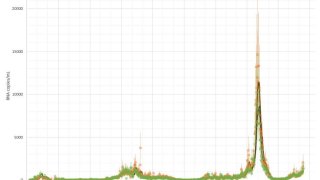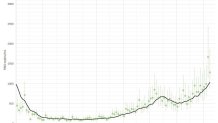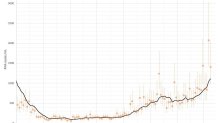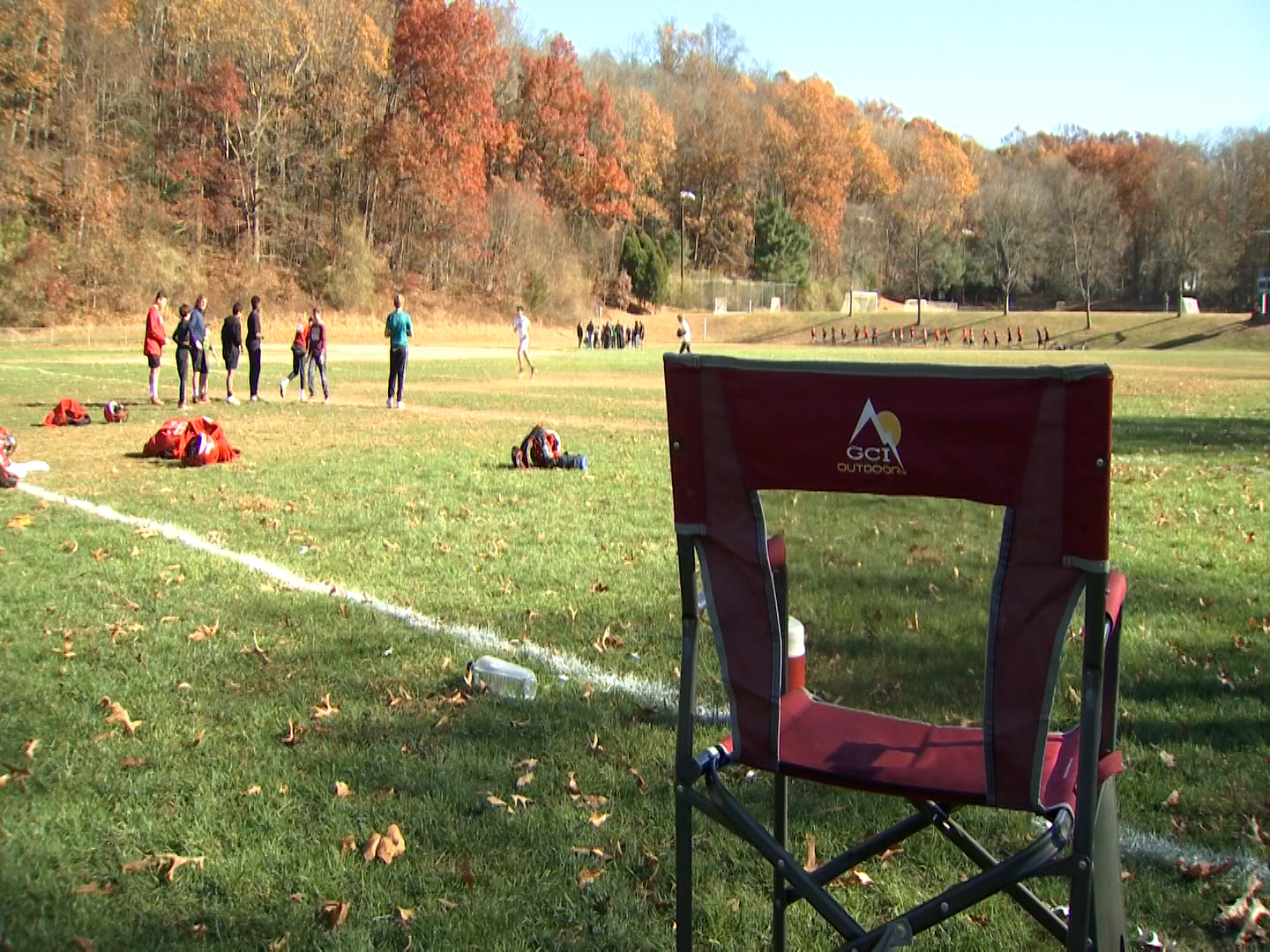
As COVID-19 cases continue to rise in Massachusetts, wastewater data shows levels continuing to climb upward.
Experts have said tracking wastewater data may be a more accurate indicator of the prevalence of the virus than case counts, with more people using at-home test kits and leaving results unreported to health authorities.
WATCH ANYTIME FOR FREE
Stream NBC10 Boston news for free, 24/7, wherever you are. |
The Massachusetts Water Resources Authority's tracking system, run by Cambridge-based Biobot, works by analyzing bits of genetic material in the Boston area's sewers to indicate how much of the virus is circulating in the community.
The data for Boston is collected from the Massachusetts Water Resources Authority's Deer Island wastewater treatment plant and analyzed by Cambridge-based Biobot Analytics three to seven times a week.
Get updates on what's happening in Boston to your inbox. Sign up for our News Headlines newsletter.

As of data with sampling collected through Friday, the Northern system, which includes Boston and surrounding northern communities was reporting a seven-day average around 1,000 RNA copies/mL. The Southern system average, representing the communities just south of Boston, was coming in around 1,100 copies/mL.

The last time Boston saw levels in this range was in February, and reflects levels previously only seen during winter month peaks. During the peak of the omicron surge, levels averaged just under 9,000 in the Northern System and over 11,000 in the neighboring Southern System.
Local
In-depth news coverage of the Greater Boston Area.
Wastewater data has been found to be a leading indicator during the pandemic, giving an early warning for new waves. COVID-19 cases and hospitalizations have been trending up in recent weeks. On Friday the state reported 4,654 new cases, 729 people hospitalized for COVID-19 (with 223 of them being primary cases) and nine new deaths.
What is causing the latest surge?
This latest increase is being attributed to subvariants of omicron -- the "stealth" omicron variant BA.2, and the BA.2. 12.1 subvariant, which health officials say appears to be up to 27% more contagious than BA.2. However, there is no data to indicate it causes more serious illness.
The subvariant now accounts for 40% of all virus circulating in New England, according to new Centers for Disease Control and Prevention data released Tuesday.
Will there be new mask mandates or other COVID-19 restrictions?
Despite the rising cases here, Massachusetts and the other New England states have yet to take any steps to bring back mask mandates or any other COVID-related restrictions that were relaxed following January's omicron-fueled surge.
But some schools in areas where transmission is high have already made the decision to recommend that students and staff start wearing masks again. The Department of Elementary and Secondary Education dropped their mandate earlier this year. The city of Worcester issued an announcement last week "strongly encouraging residents to wear masks" in indoor public settings, but did not go so far as to mandate it.



